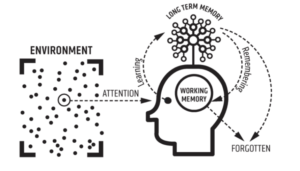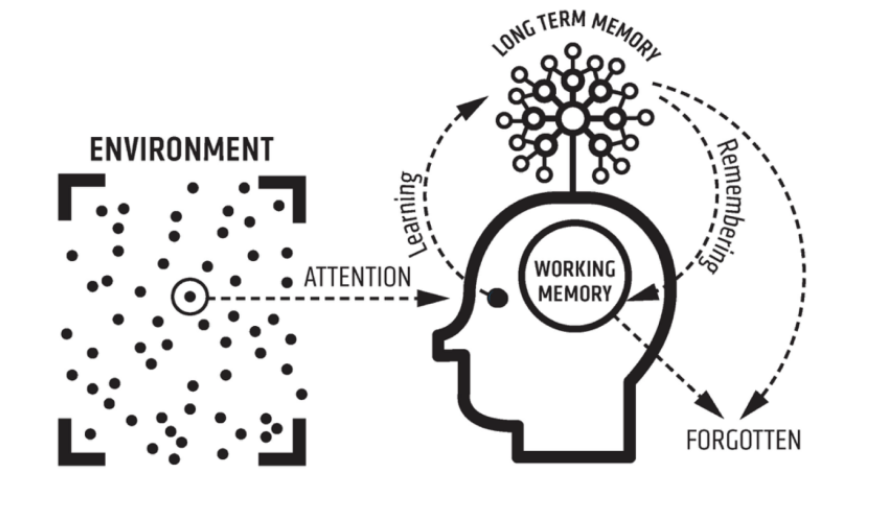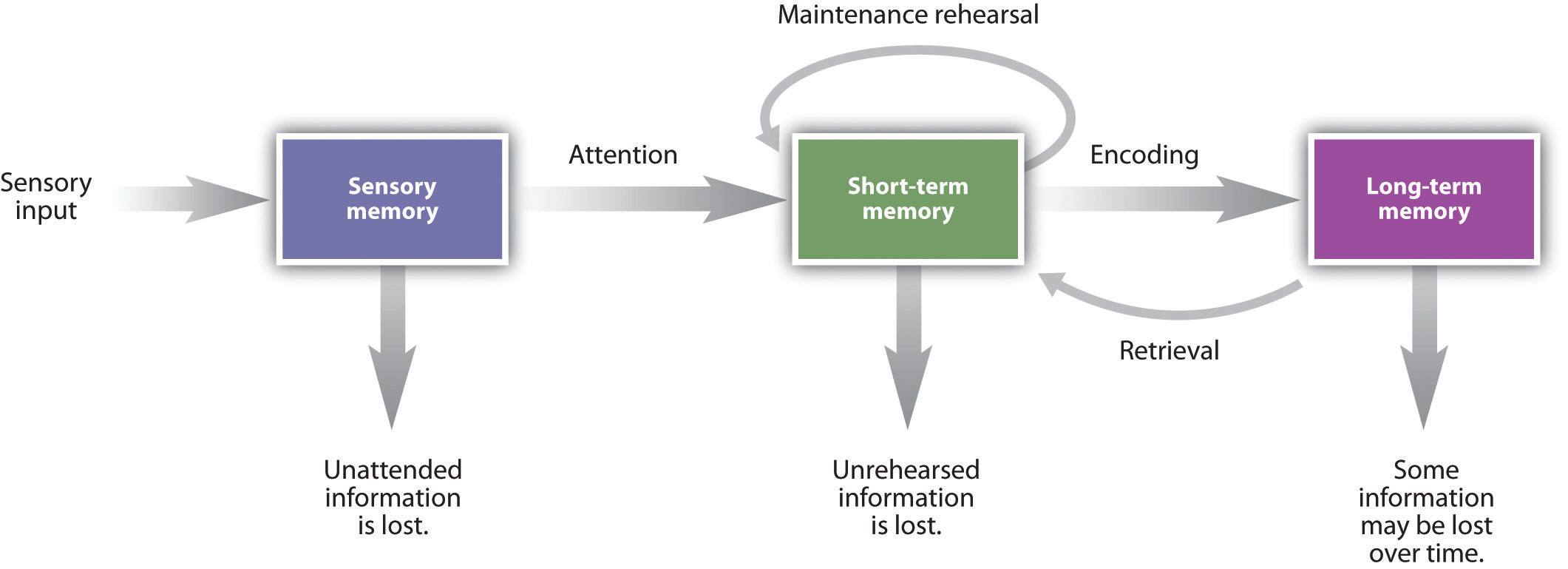
Memory – the science of learning
Memory – the science of learning ‘Using your memory, shapes your memory’ Robert Bjork (Gocognitive, 2012) In recent years, there has been lots of research
Indigo Mental Training Club in UK | Mental Maths for children
‘Using your memory, shapes your memory’
Robert Bjork (Gocognitive, 2012)
In recent years, there has been lots of research around the science of learning and how we learn and retain information.
In summary, if we think of the learning process using the following diagram (credit -Oliver Caviglioli), it will help us have a greater awareness of the most effective learning and revisions strategies based upon the available research.

2. Our working memory is finite, and we can only absorb a limited amount of information at given time. This may be up to 30 seconds.
Example: if you write down a ‘long number’ and try to remember it every 30 second, you’ll be surprised how difficult this is to do!
3. Information is processed into our long-term memory through ‘learning’. This long-term memory is effectively unlimited, and we can retrieve information from here back into our working memory as needed in a given moment.
Example: this might be your phone number or address. We don’t walk around thinking about those two things every second of the day, but it is in our long-term memory ready to be used and retrieved when needed.
4. Information in our long-term memory is interconnected and linked with prior knowledge. Anything that is not connected or not successfully stored well enough in our long-term memory is forgotten and this is completely natural.
5. If student undertake enough retrieval practice, generating the information in our long-term memory, it increases a level of fluency within the subject. Practice makes perfect!


At INDIGO Mental Training Club, we assign 5 pieces of homework per week. The homework are short, on our online platform.
We also encourage the students to practice as much as they can, as they have access to the platform 24/7 and they can only improve through being consistent with their practice.
Doing arithmetic calculations mentally is a skill, acquired through correct guidance, repetition and time.

Memory – the science of learning ‘Using your memory, shapes your memory’ Robert Bjork (Gocognitive, 2012) In recent years, there has been lots of research

Tips to help your child love and understand maths Maths often gets a bad rap for being incomprehensible and complex, and therefore raises a lot

What’s the point of doing mental maths? We would like to answer this question through an analogy. Most of the children practice and attend various
All rights reserved © 2021
All rights reserved © 2021